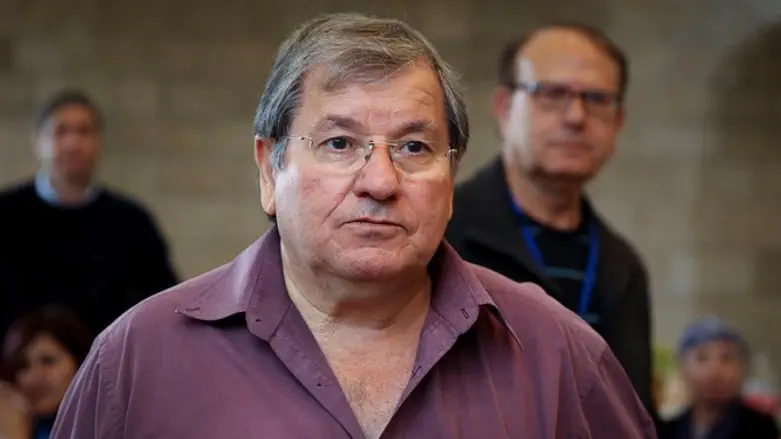
Omer Council Chairman Pinny Badash responded Monday to Sunday evening's violent conflict at Be'er Sheva's Soroka Medical Center, which included both rock-throwing and shooting.
"In third-world countries, what has happened to us here does not happen," he told 103 FM Radio. "I would not be surprised if tomorrow something like what happened in Soroka happens in court. The situation is very problematic."
"The judges are afraid," he told 103 FM. "Tomorrow everyone will be home. I am willing to sign on that. This is our problem, so if the arrest law would change, 50-60% of crime would stop. One sheikh told me that two people were caught stealing a vehicle, and they came to the court, which released them to house arrest. They stole a vehicle in court and went home with it, to house arrest. You've turned into a joke. Eighty percent of cases opened on issues of shooting and protection rackets are closed; 40% of them are closed after a week, 20% of which were brought to court, almost no one sits in jail. So, there is no punishment and no deterrence."
"There are a lot of police and Border Police forces and there are plans and budgets which have passed on the issue of strengthening the Negev, but this takes time. We will have nationalist incidents, such as what we had during Operation Guardian of the Walls, because when there is an operation in Gaza, it is turned straight towards us," Badash explained.
In his opinion, the solution rests with the Bedouin local leaders: "They must gather together, call everyone - all of the tribal leaders, all of the existing families - and have a meaningful conversation, to try to find the best solution. It's already not just within these towns - it spread outward a long time ago. During Guardian of the Walls it was already turned against us, We need to speed up the legislation which the Justice Minister is advancing."
When asked about the Shabak's (Israel Security Agency) involvement in southern cities, Badash said, "The Shabak was only at specific points during Guardian of the Walls, to catch those who performed lynchings, who a Bedouin judge afterwards released home."